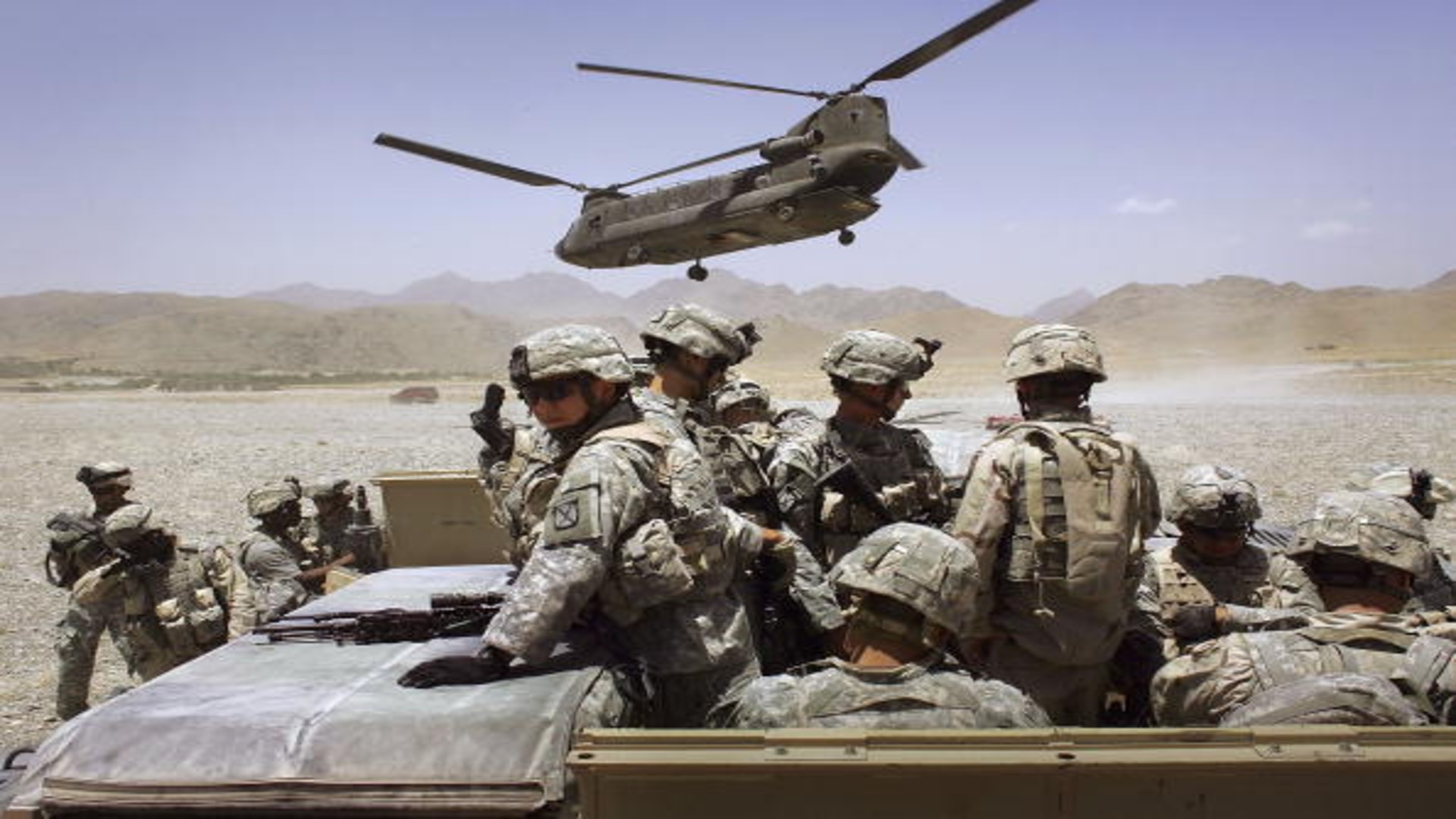Australia presents plan to compensate Afghan victims of war crimes

The Australian government has launched a compensation plan for the families of people killed or mistreated by Australian special forces in Afghanistan.
The compensation follows one of the recommendations of the 2020 Brereton report, which found that Australian forces were involved in the “murder” of 39 prisoners and civilians in Afghanistan (GETTY)
The Australian Department of Defence has announced a compensation plan for the families of victims who were unlawfully killed or mistreated by Australian special forces in Afghanistan.
For 20 years, more than 39,000 Australian troops served in Afghanistan and 400 troops were part of peace efforts with the United States and other allies before departing in 2021.
During this time, an investigation found war crimes committed by Australian soldiers, including the murder and mistreatment of numerous Afghans.
Cases have been identified of prisoners being shot at in an attempt to kill them and of weapons, radios and grenades being placed next to the bodies of Afghan civilians to give the impression that they were “legitimate targets”.
Other problems included a lack of mentors for the troops and a “warrior culture” that was more focused on status and power than on training exemplary soldiers.
The 2020 Brereton Report, prepared by Major General Brereton, alleges that 25 Australian soldiers were involved in the killing of 39 Afghans and recommends that the case be criminally investigated.
However, before the cases go to court, the Inspector General of the Australian Defence Force believes the government has an obligation to compensate the families of the victims.
A Defense Ministry spokesman said the government was committed to implementing the report’s findings to the “widest extent possible” – including in the form of compensation.
Under the terms of the compensation receipt process, a new compensation commissioner for the Afghanistan investigation will review a claim if it is submitted by the commander in chief of the U.S. Defense Forces, Admiral David Johnston.
The referral is based on a number of criteria: the applicant must be connected to someone who is “reasonably likely” to be the victim of abuse or property damage, or must be a family member of someone who was wrongfully murdered.
After reviewing the claim, the attorney must submit his recommendation to Johnston, who will then decide the outcome.
In addition to remuneration, the armed forces are also working on reforming army culture and commander accountability. They are also deciding whether to withdraw awards and honours from those involved.
The Australian government is expected to make further announcements in the coming months.



